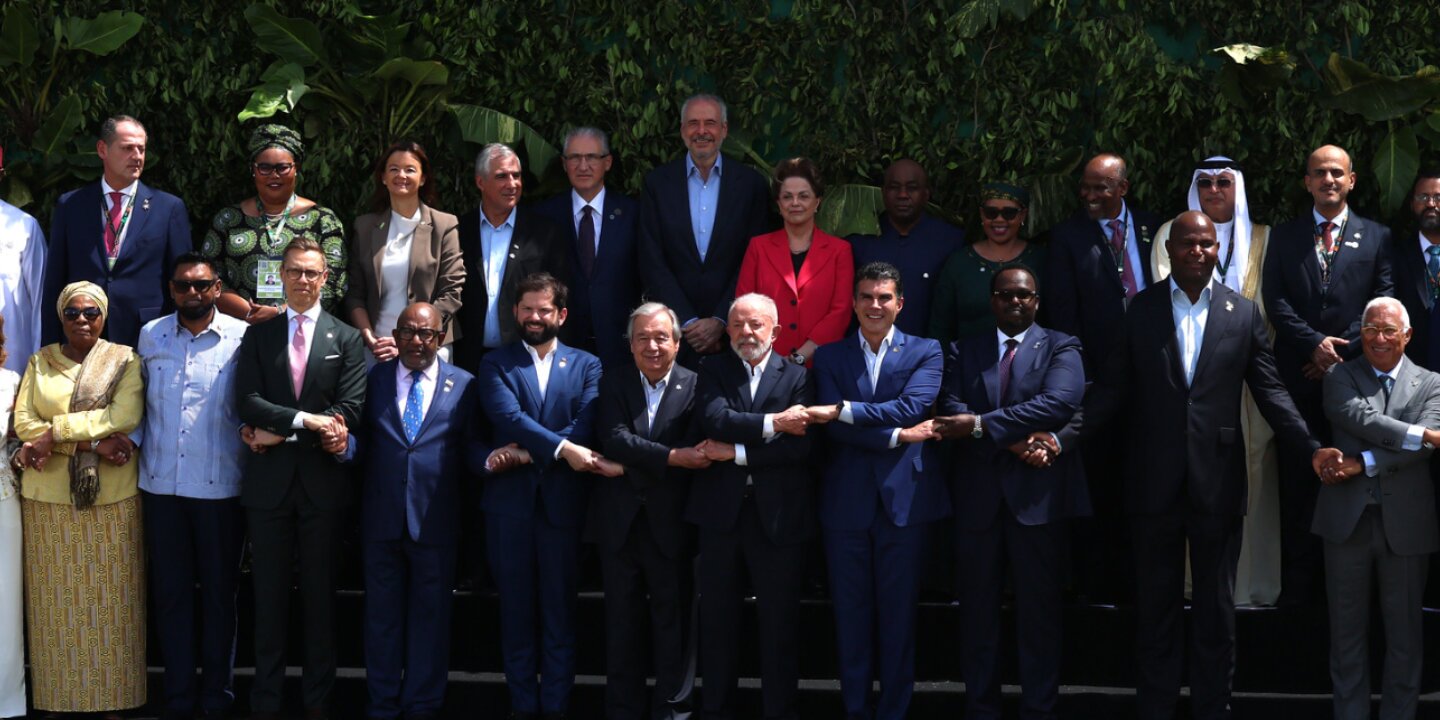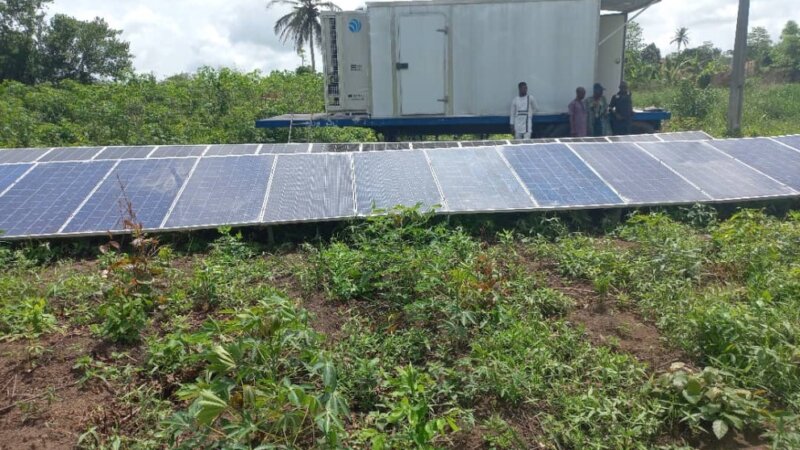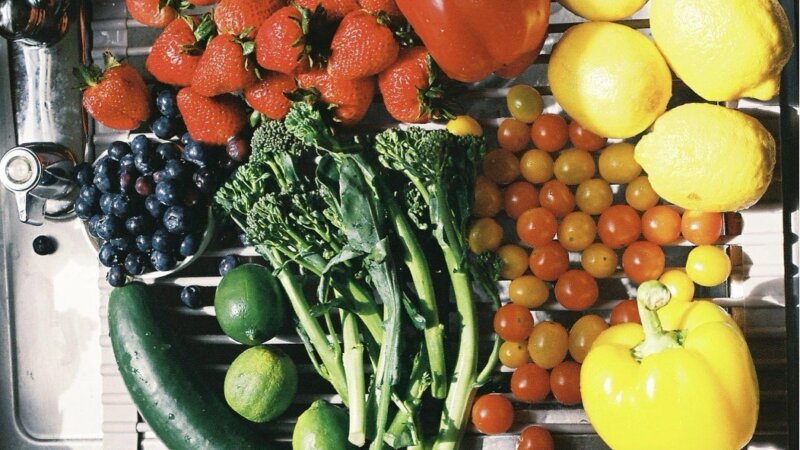COP30: an implementation COP?

Leaders from 43 countries and the European Union signed the Belém Declaration on Hunger, Poverty, and People-Centered Climate Action (photo credits: Aline Massuca/COP30 )
Will the outcomes of the recent UN Climate Summit improve the realities of farmers and consumers facing the harshest impacts of climate change? Will they be able to co-create the solutions that work best in their setting? This is the challenge many of our network partners from civil society, research and private and public sector had in mind when heading to Belém. This article provides a short and preliminary overview of the Climate Summit outcomes.
Negotiations between UN member states.
The formal UNFCCC negotiations resulted in an outcome document entitled “Global Mutirão: Uniting humanity in a global mobilization against climate change”. To the disappointment of many stakeholders who work on the climate-food nexus, it does not include any reference to food systems or agriculture.
Even so, food and agriculture were not altogether absent from COP30. Dedicated negotiations took place in the first week of the Conference, particularly dealing with the progress in the Sharm-al-Sheikh joint work on implementation of climate action on agriculture and food security (SJWA). These talks were based on a draft text that included statements on a range of food systems aspects closely related to climate change. It included the commitment to enhance coherence at the country level, e.g. coherent action in view of the co-benefits of aligned Nationally Determined Contributions, National Adaptation Plans and National Biodiversity Strategies and Action Plans. As for the outcomes in Belém, unfortunately, these talks only lead to a procedural agreement: to take the draft text to Bonn (meetings SBSTA and SBI of June 2026) for further negotiation.
Global Climate Action Agenda
At the same time, the COP presidency and many countries, businesses, financial institutions, knowledge institutions, and civil society, including Indigenous Peoples, have worked together to deliver a COP30 of implementation. They presented work already underway, showed how pledges and plans are turning into delivery, and how implementation can be accelerated by working together. This COP 30 Global Climate Action Agenda mobilised a “whole-of-society mutirão”, aligning everyone around shared goals and clear timelines for real-world delivery. Across the six axes established (incl. Axis 3: Transforming Agriculture and Food Systems) to support delivery of the Global Stocktake, 30 activation groups composed of 482 initiatives were engaged to be the engine of the Climate Action Agenda. In addition, a Granary of Solutions was launched to inspire and showcase successful implementation and results of climate solutions; and 117 Plans to Accelerate Solutions were submitted. This shows how climate action is accelerating across key systems, including food and health, finance, land, ocean, and education, with clear benefits to people and nature.
To inspire actionable solutions at the interface climate, biodiversity and food systems, the Biodiversity and Food Systems Partnership spotlighted a bundle of use cases during two specific side events facilitated by NFP's Partnership Builder Mariëlle Karssenberg, in collaboration with key network partners including the Dutch Ministry of Foreign Affairs, SNV, WBCSD, WWF Colombia and the CGIAR.
Highlights
The Belem Declaration on Hunger, Poverty, and Human-Centered Climate Action cosigned by 44 countries including The Netherlands.
The Intergovernmental Land Tenure Commitment, supported by 17 governments, including the Netherlands, to strengthen Indigenous land rights.
The Resilient Agriculture Investment for net-Zero land degradation (RAIZ) accelerator, which aims to scale farmland restoration worldwide to strengthen food security, tackle climate breakdown, and protect biodiversity. This Brazil-led finance accelerator is backed by nine other countries and supported by technical partners, including CGIAR.
The Tropical Forest Forever Facility was launched during a high-level event with leaders of more than thirty countries - both tropical forest nations and sponsor countries and the UN Secretary General. The Netherlands committed $5 million for the secretariat.
The Netherlands announced a €10 million contribution to the NDC Partnership to strengthen developing countries’ enabling conditions for water-related action.In the upcoming phase, Dutch expertise on the water–food–climate nexus will play an even stronger role, together with NWP, NFP and RVO.
Taking action for and with farmers and consumers to scale, however, remains challenging, when the member states of the UN Climate Convention do not reach agreement at the intergovernmental level. As NFP’s Mariëlle Karssenberg said: “We are building the right ideas and coalitions, but they need to translate much faster into decision-making and commitments at the global level.”
Climate resilient food systems need the repurposing of subsidies
Just before the COP30, the action oriented Climate Smart Agriculture conference took place in Brasilia, which provided a space for science based discussions about solutions that work at the country level. Hosted by Clim-Eat, the Ministry of Agriculture and Livestock of Brazil and the Netherlands Ministry of Agriculture, Fisheries, Food Security and Nature, and others, 180 people from over 110 organisations shaped eight concrete deals. Clim-Eat worked closely with the COP presidency and the negotiators of several countries, which meant the outcomes of the CSA conference were taken on at the COP including in a particular event (report to follow later).
Netherlands Food Partnership collaborated with the World Bank Group and Clim-Eat as co-hosts of the thematic session on Policies and institutions. Facilitated by director of NFP Ivo Demmers, the conversation focused on the repurposing of subsidies. A brief recap from the CSA outcome document:
“Farmers take on a disproportionate amount of risk for often little reward, indicating a need for derisking and social protection mechanisms. Reviewing and revising policies to ensure farmers are both supported and incentivized to practice more sustainable agriculture and de-risk their livelihoods is critical and should look across the whole value chain. Understanding how we can effectively align policy goals across government, include the right voices, and translate policy into implementation are key to getting this right. This starts by looking at the true price of food, how trade and markets can be best set up to support smallholder farmers and transformation, and includes policy reform and incentive structures. It is a priority to ensure equitable policy processes with farmers being actively engaged from the outset.”
For those who would like to dig deeper:
- COP30 debriefing by Oliver Camp (GAIN Climate & Nutrition expert). Link to LinkedIN page.
- ODI "Food is everywhere at COPs except the negotiating table". Link
- World Bank Group. Repurposing of agricultural support report. Link
- DeSmog "Mapped: Big Food's Routes to Influence at COP30". Link
- True Animal Protein Price Coalition. 28 countries have signed or endorsed the Belém Declaration on GHG-Emission Pricing in the Agri-Food Sector
Authors

Nicole Metz
Senior Knowledge Broker - Netherlands Food Partnership

Ruth van de Velde
Partnership Builder



